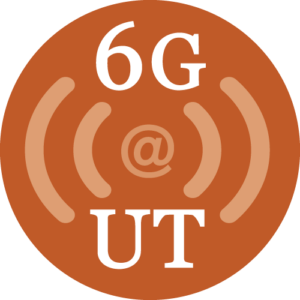August 2018: Once started as a military project, GPS has found its way into the pockets of people worldwide, but it isn’t just used for maps. In fact, it is a very precise clock for computers around the Earth. When the GPS network fell apart for hours in 2016, it showed the network’s vulnerability to interference from pigeon poop on cell towers to GPS spoofing.
Such methods “would certainly work against Ubers, Waymo’s self-driving cars, delivery drones from Amazon,” and more, says Todd Humphreys, an aerospace engineering professor at the University of Texas at Austin.
Because GPS is so pervasive in today’s technology and economy, it needs to either be better protected or less relied upon.
Read the full article featuring Dr. Humphreys.



